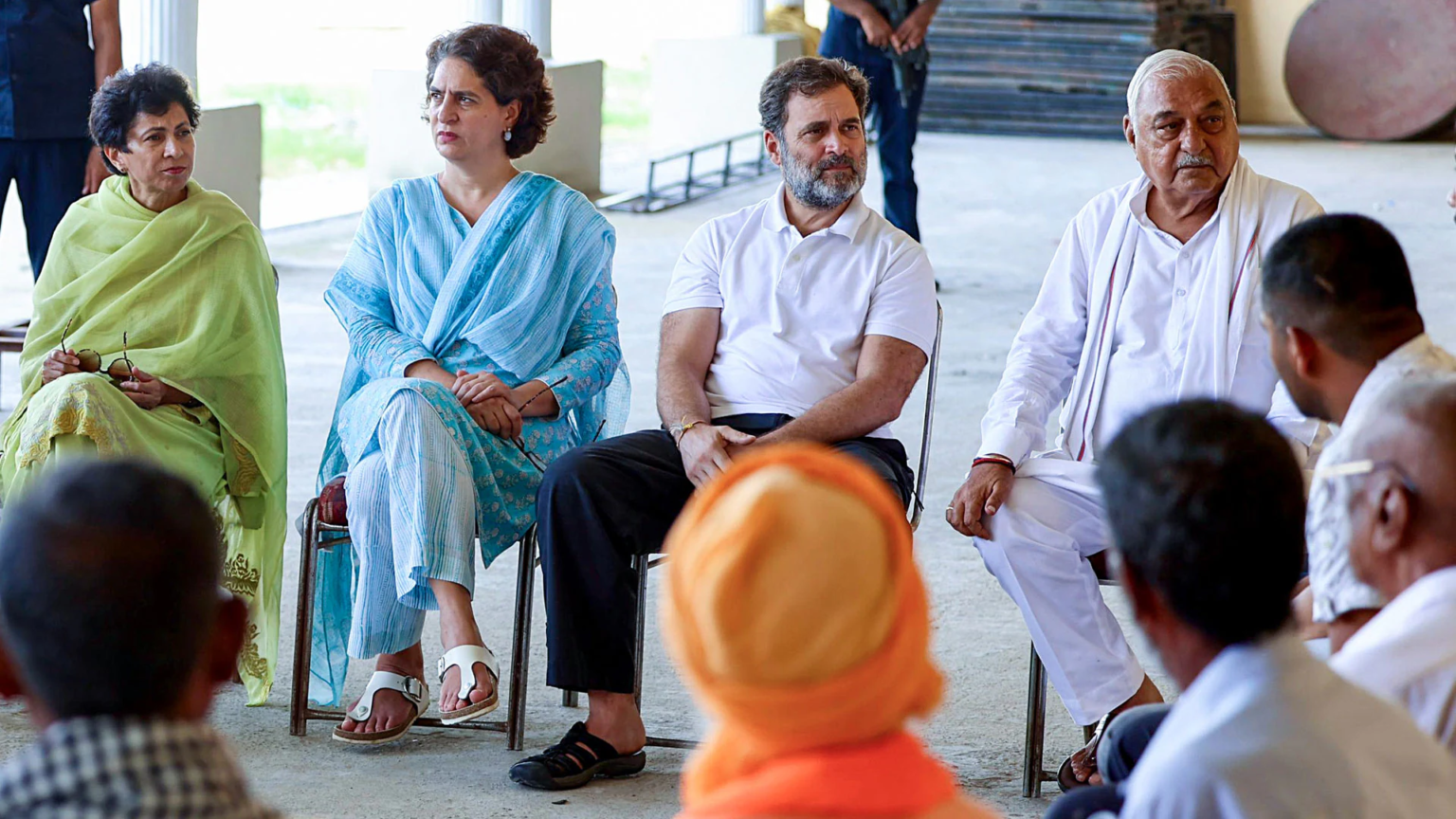The Haryana assembly elections of 2024 will undoubtedly be etched in India’s electoral history as one of the most significant upsets. Despite a prevailing belief that Congress was poised for a substantial victory, it faced a crushing defeat. The Bharatiya Janata Party (BJP), defying all opinion polls and exit surveys that suggested an impending loss, not only won but did so with a remarkable margin. This turn of events underscores the urgent need for a reevaluation of election prediction methodologies in a country as diverse as India.
BJP’s Strategic Victory
Haryana exemplifies the BJP’s formidable prowess under the leadership of Prime Minister Narendra Modi and Union Home Minister Amit Shah. Their success is a testament to the party’s resilience, strategic planning, and relentless spirit. Acknowledging from the outset that Haryana would pose significant challenges,
the BJP devised a meticulous strategy. Conversely, Congress fell victim to its own overconfidence, assuming that victory was guaranteed and ultimately paying the price.
Five Key Factors Behind BJP’s Triumph
- Expert Micro-Management: The BJP’s meticulous micro-management played a pivotal role in its success. Recognizing potential vulnerabilities, the party swiftly replaced its nine-and-a-half-year Chief Minister, Manohar Lal Khattar, with Nayab Singh Saini. This strategic shift was couple with a deliberate effort to keep Khattar out of the campaign spotlight, as his image began to tarnish. This tactical maneuver proved effective, showcasing the BJP’s ability to adapt and recalibrate.
- Consolidation of Non-Jat Votes: With Jats comprising over 20% of Haryana’s population, their influence is undeniable. The BJP’s concerted efforts to consolidate non-Jat votes, particularly by appointing Saini as Chief Minister, sent a strong message to the OBC community. This move was instrumental in garnering support from various demographic segments.
- Mobilization and Organization: The Congress party’s overconfidence led to a significant oversight: underestimating the BJP’s organizational strength. The BJP mobilized its voter base effectively, ensuring turnout at the polls. In contrast, the Congress, lacking the necessary organizational infrastructure, failed to engage and rally its voters, which ultimately cost them the election. This is a critical lesson: micro-management must extend to every voter.
- Factionalism within Congress: The internal strife and factionalism within the Congress party plagued its campaign until the last moment. The ongoing rivalry between Bhupinder Singh Hooda and Kumari Selja contributed to the party’s inability to present a united front. Hooda’s defiance, even against Rahul Gandhi’s suggestions to ally with the Aam Aadmi Party (AAP), proved detrimental. While AAP did not secure any seats, its potential support could have strengthened the Congress’s standing in a fiercely competitive race.
- Declining Support from Dalit and Jat Voters: Contrary to expectations following the Lok Sabha elections, the anticipated backing from Dalit and Jat voters did not materialize for Congress. While the national ‘Save The Constitution’ campaign had resonated with voters in other states, this momentum failed to carry through in Haryana. The emergence of smaller parties like the Indian National Lok Dal (INLD) and Jannayak Janta Party (JJP) disrupted the expected vote share for Congress, with these parties collectively securing around 7% of the vote.

The Art of Losing
Congress must also confront the reality of its aging leadership. In states like Madhya Pradesh, where the party was confident of victory, the old guard—exemplified by leaders like Kamal Nath—has not adapted to the changing political landscape. If Congress is serious about reclaiming its footing against the Modi-led BJP,
it must prioritize the emergence of younger leaders who can resonate with today’s electorate.
A Pattern of Losses
Haryana marks the fifth assembly election where Congress failed to capitalize on a favorable political climate, following defeats in Punjab, Uttarakhand, Madhya Pradesh, and Chhattisgarh. As the party faces yet another setback, the pressing question remains: will Congress introspect, learn from its mistakes,
and implement the necessary changes to remain relevant in contemporary politics? Only time will tell.
Read More: Vinesh Phogat Wins Julana Assembly Seat by 6,000 Votes- Click Here
Conclusion
Haryana assembly elections of 2024 results serve as a critical reminder of the unpredictable nature of Indian politics. While the BJP has demonstrated its capacity for strategic maneuvering and voter mobilization,
Congress must reevaluate its approach, address internal conflicts,
and rejuvenate its leadership if it hopes to reclaim its position in the political landscape.







